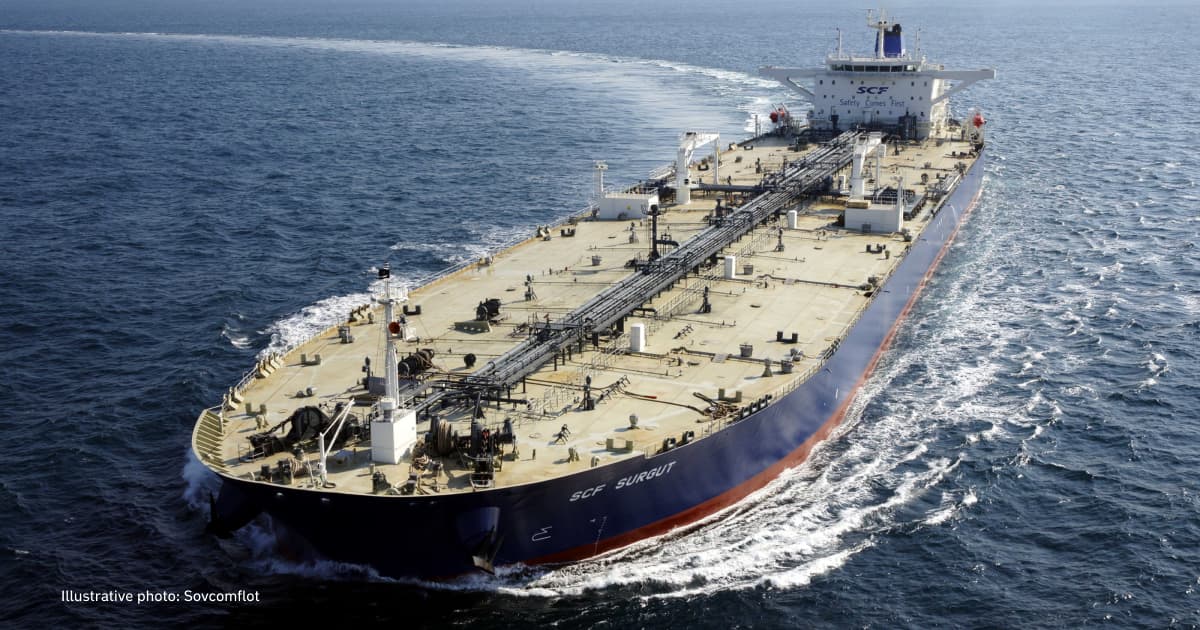CNN: Russia involves 'shadow fleet' of crude tankers to sell its oil in defiance of Western sanctions

Moscow, Russia (Svidomi) — Russia may be using the so-called "shadow fleet" of crude tankers to circumvent Western sanctions when selling oil, CNN reports.
CNN journalists witnessed two oil tankers from Russia docked at the Greek port of Gytheio for a ship-to-ship transfer. This could have been done to conceal the origin of the crude and its final destination.
Windward, a maritime artificial intelligence company, detected 588 direct oil tanker voyages from Russia to India last year. Some of the trade between Russia and India is open and direct. But some transport between the two countries is more complicated.
Pole Star Global researched the route through the Greek coast and found more than 200 ship voyages from Russia in 2023 that changed ships in the Laconian Gulf to another vessel.
Shipping monitoring firm Pole Star Global "suspects" that this was primarily done to circumvent the sanctions, as "almost all of these vessels" are linked to the United States or the European Union.
"This bay is enclosed. It’s out of the way. And so they can kind of do this activity pseudo-anonymously," says David Tannenbaum at Pole Star Global.
"That is part of a Russian methodical, systemic effort to just make everything much more complicated. You really needed to have a reason to transfer 60-plus million barrels in the middle of the ocean and export them to India because it’s much easier not to do that – to sail directly," said Ami Daniel, CEO of Windward.
Windward has found that Russia's so-called "shadow fleet" has grown to 1,800 tankers of non-transparent ownership over the past year, which the Russians use to create unnecessary route complications.
The Center for Energy and Clean Air Research in a report provided to CNN claims that India has sold $37 billion worth of crude oil to India.
Some of the crude oil was refined in India and exported to the US in the form of petroleum products worth more than USD 1 billion. In total, India has increased its purchases of Rosneft 13 times compared to pre-war volumes.
India justifies such actions as an alleged means of keeping world prices lower, as it does not compete for Middle Eastern oil.
"If we start buying more of the Middle Eastern oil, the oil price will not be at $75 or $76. It will be $150," India’s Minister of Petroleum and Natural Gas Hardeep Singh Puri said in an interview with CNBC.


